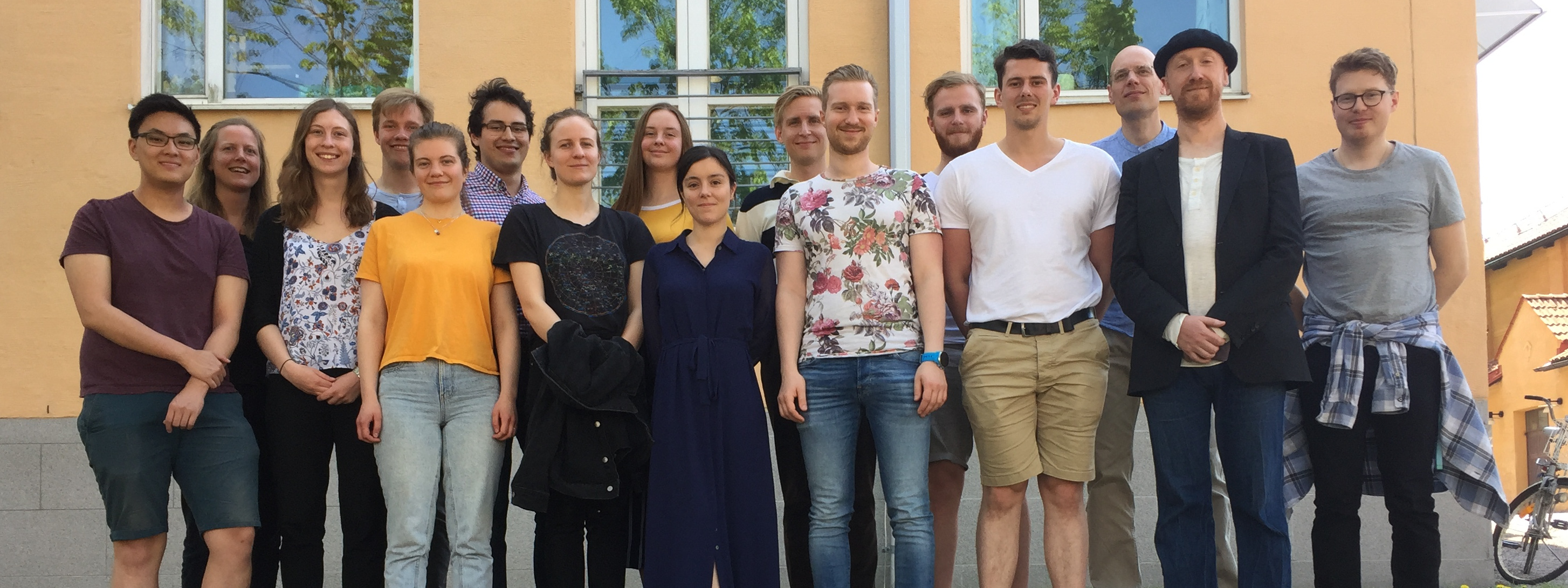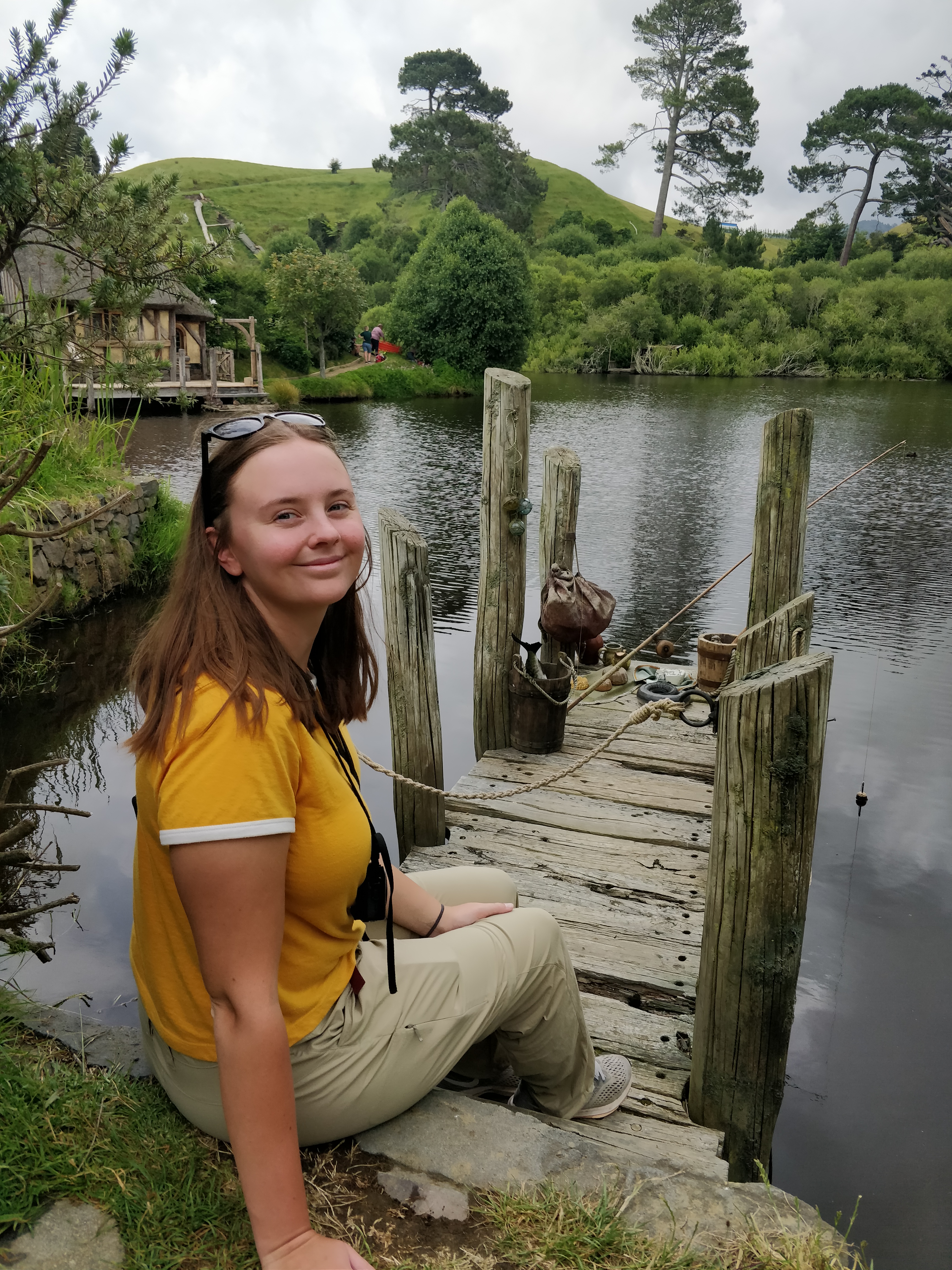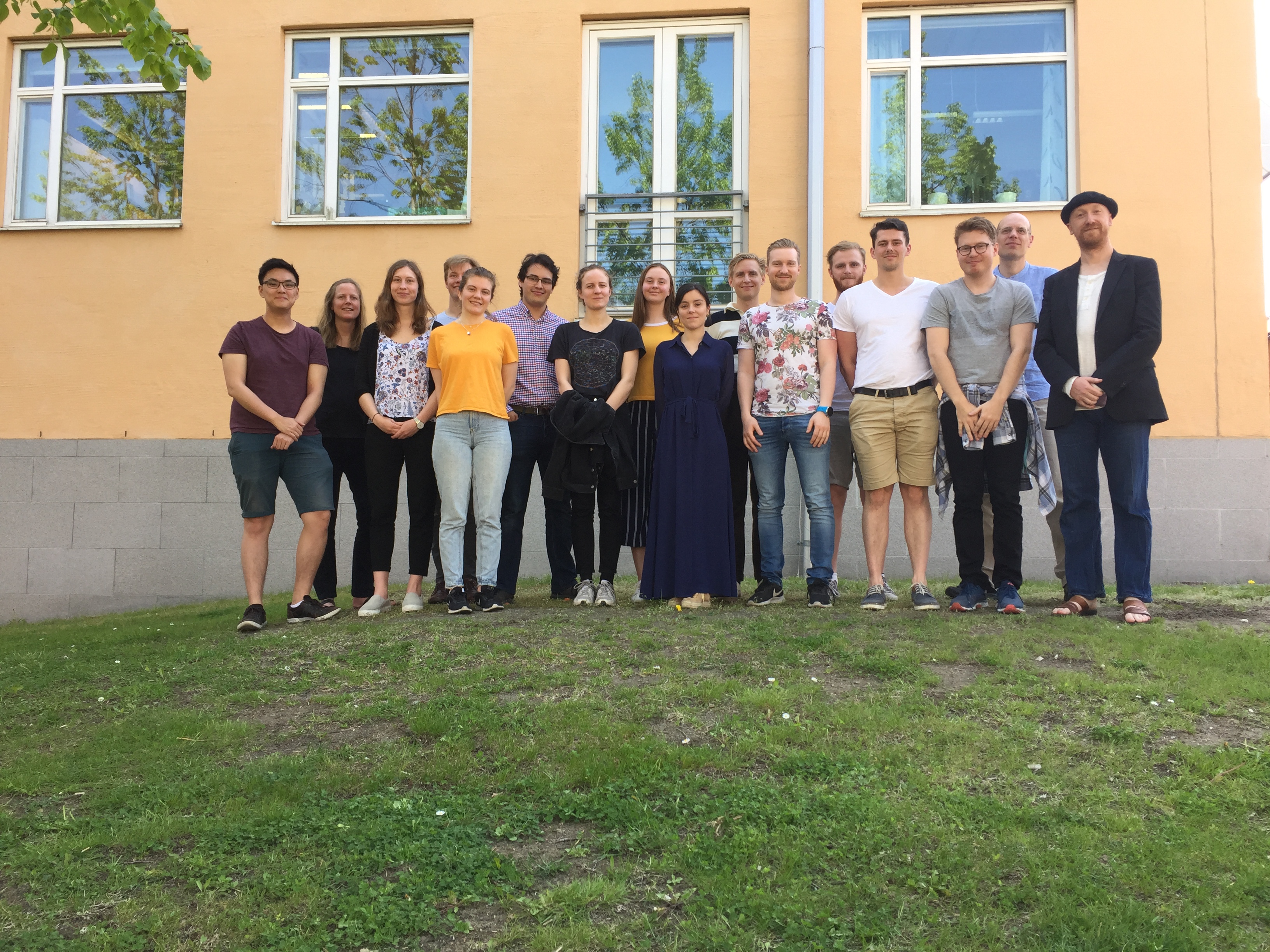We are looking for a programmer to work on the interface for the digital twin project. Please spread to anyone you think would be a good match!
Here is a short film about the Digital Twin project.
Our work with the new digital twin technology – an interactive computer model, describing the multi-organ, and multi-timescale biochemistry and physiology of a specific person – has now led to a first prototype which is almost ready to be tested in a clinical environment. However, to be able to do that, we need to have suitable user interface, and this is where you come in!
In english:
“We are looking for someone experienced in working with programming, visualisation, software architecture, and user friendliness. Submitting a sample of previous work with you application will increase your chances, in particular apps and software projects that includes visualisation. You are interested in design and you are an attentive listener who can work in a group setting to interpret the best solution to what researchers, clinical personnel and private users need.
Your tasks will primarily be development of the front-end software for research and clinical environments, focusing on visualisation and app-design. ISB group at IMT have developed a so called Digital Twin, computer model copies of a patient, which will function as support for the Health Conversation. We have a few previously developed prototypes, but now we need someone to help us make a version with a user interface suitable for testing in clinical studies. You will work mostly with the coding of the software, but some design and user interaction and evaluation is also included.”
På svenska:
“Vi söker nu någon som har erfarenhet av att arbeta med programmering, visualisering, mjukvaruarkitetktur och användarvänlighet. Tidigare arbetsprov av egna utvecklade appar och andra mjukvaruprojekt, speciellt sådana som inkluderar en visualiseringskomponent, är en viktig del av bedömningen. Du är antagligen intresserad av design och en god lyssnare som kan arbeta i grupp och tolka vad både forskare, vårdpersonal och privata användare behöver.
Dina arbetsuppgifter kommer bestå i framför allt arbete med att utveckla front-end mjukvara för en vetenskaplig och klinisk miljö, med fokus på visualisering och app-design. I ISB-group på IMT har vi utvecklat en så kallad Digital Tvilling, datorkopior av en patient, som ska fungera som stöd i vårdens hälsosamtal. Vi har tidigare utvecklat ett par prototyper, men behöver nu någon som gör en första mer färdig version av användargränssnittet att testa i kliniska studier. Du kommer att arbeta mycket med själva kodningen av mjukvaran, men en del design och användarinteraktion ingår också. “
If you have any questions, please contact Karin Lundengård at karin.lundengard@liu.se












